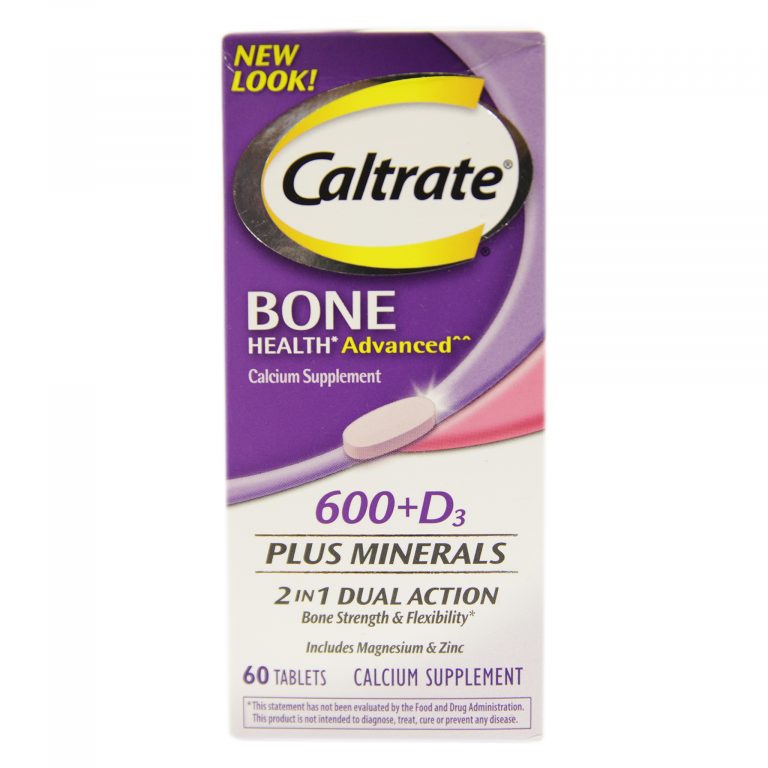

Estrogen therapy is highly effective for relieving menopausal symptoms and for preventing osteoporosis.

Acute estrogen deficiency may cause menopausal symptoms that include a variety of symptoms, such as vasomotor instability (hot flashes and night sweats), insomnia, palpitations, anxiety, urinary symptoms and urethral syndrome, vaginal dryness, dyspareunia, and loss of libido, whereas chronic estrogen deficiency may result in osteoporosis, strokes, and cardiovascular diseases. Menopause is the permanent cessation of menstruation and ovarian function characterized by a lack of estrogen production. Other pharmacokinetic parameters of daidzein and genistein obtained following the three regimens were not significantly different. T max of daidzein and genistein after regimen B was significantly longer than that of regimen A.

The estimated pharmacokinetic parameters of isoflavones were time to maximal plasma concentration (T max), maximal plasma concentration (C max), half-life (t 1/2) and area under the plasma concentration-time curve (AUC). Plasma concentrations of daidzein and genistein were determined by high performance liquid chromatography. Plasma was treated with β-glucuronidase/sulfatase to hydrolyze glucuronide and sulfate conjugates of daidzein and genistein. Blood samples were collected before dose and at specific time points until 32 hours after isoflavone administration. After a washout period, subjects were switched to receive the 2 remaining regimens according to their randomized sequences. Twelve healthy subjects were randomized to receive one of the following regimens: (a) a single dose of isoflavones, (b) a single dose of isoflavones, and D 3-calcium, or (c) continuous D 3-calcium for 7 days followed by a single dose of isoflavones on the 8th day. This study was an open-labeled, randomized three-phase crossover study. The objective of this study was to determine the effects of vitamin D 3 plus calcium supplements (D 3-calcium) on pharmacokinetics of isoflavones in Thai postmenopausal women.


 0 kommentar(er)
0 kommentar(er)
